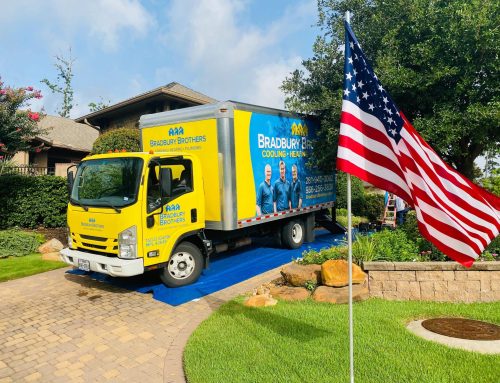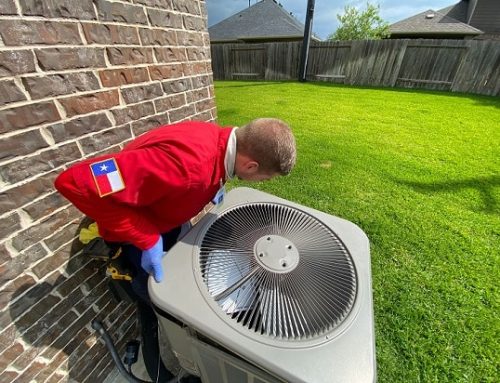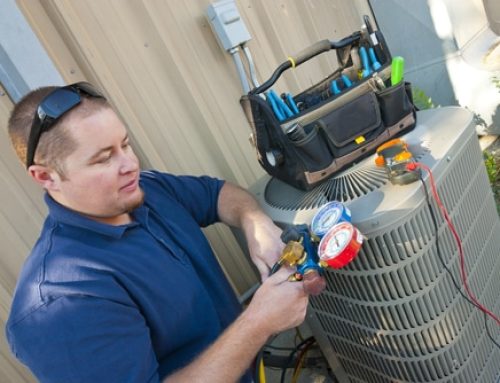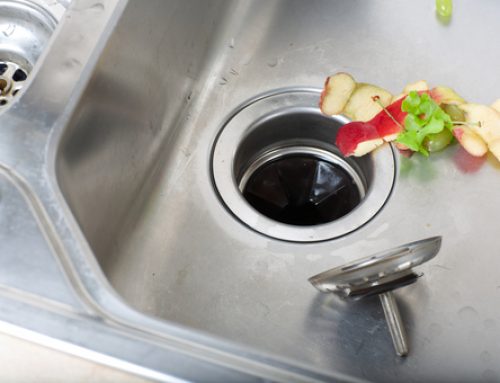Gas furnace vent pipes remove toxic gases that occur during the furnace combustion process. The vent pipes release the toxic gases outside of your home or office; that’s why it’s important that your furnace’s vent pipes be configured correctly. You don’t want those harmful gases leaked into your indoor living spaces.
Furnace Gas Vents Explained
Nothing is more important than the furnace’s venting system. The three types of gas furnace vent pipes most commonly seen are:
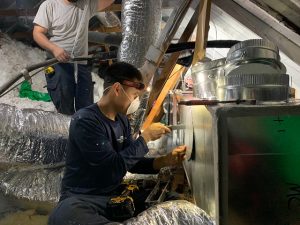 Natural Vent – Sometimes called the “Type B” vent, this standard design is used most with newer furnaces. The air combustion is
Natural Vent – Sometimes called the “Type B” vent, this standard design is used most with newer furnaces. The air combustion is- usually released through the roof, but back-drafting is a common problem.
- Direct Vent – With more versatility and installation options, this better option to natural vent systems incorporates 2 different pipes in one unit. The larger, outer pipe draws the air combustion outside while the smaller pipe vents the exhaust fumes. This is the environmentally pref
erred type of venting in addition to being safer air for indoor heating. - Sidewall Power Vent – With this venting system, a fan at the end of an exhaust pipe works with the furnace to pull combustion gasses to vent to the outside. This option is also rated higher in safety and energy efficiency than the natural vent system.
Signs Your Venting System Might Be Dangerous
Call Bradbury Brothers Heating & Air Conditioning at 281.651.5484 or 936.271.2030 and schedule a professional heating inspection to make sure your heating and cooling system are venting properly because extreme cases of toxic gas leaks can lead to collapse, unconsciousness, and death.
Symptoms of improperly configured gas furnace venting include:
- Chronic bronchitis
- Dizziness
- Excessive yawning
- Fatigue
- Headaches
- Heart palpitations
- Nausea

Contact your healthcare professional and call us immediately if you have one or more of these symptoms following/during the heating process. We recommend a twice-a-year inspection, but once a year is essential for gas furnaces. Now is a good time to make sure your heating system is ready for a happy new year!
Request a free quote to see how you can safely extend your HVAC system life to save energy and money.
